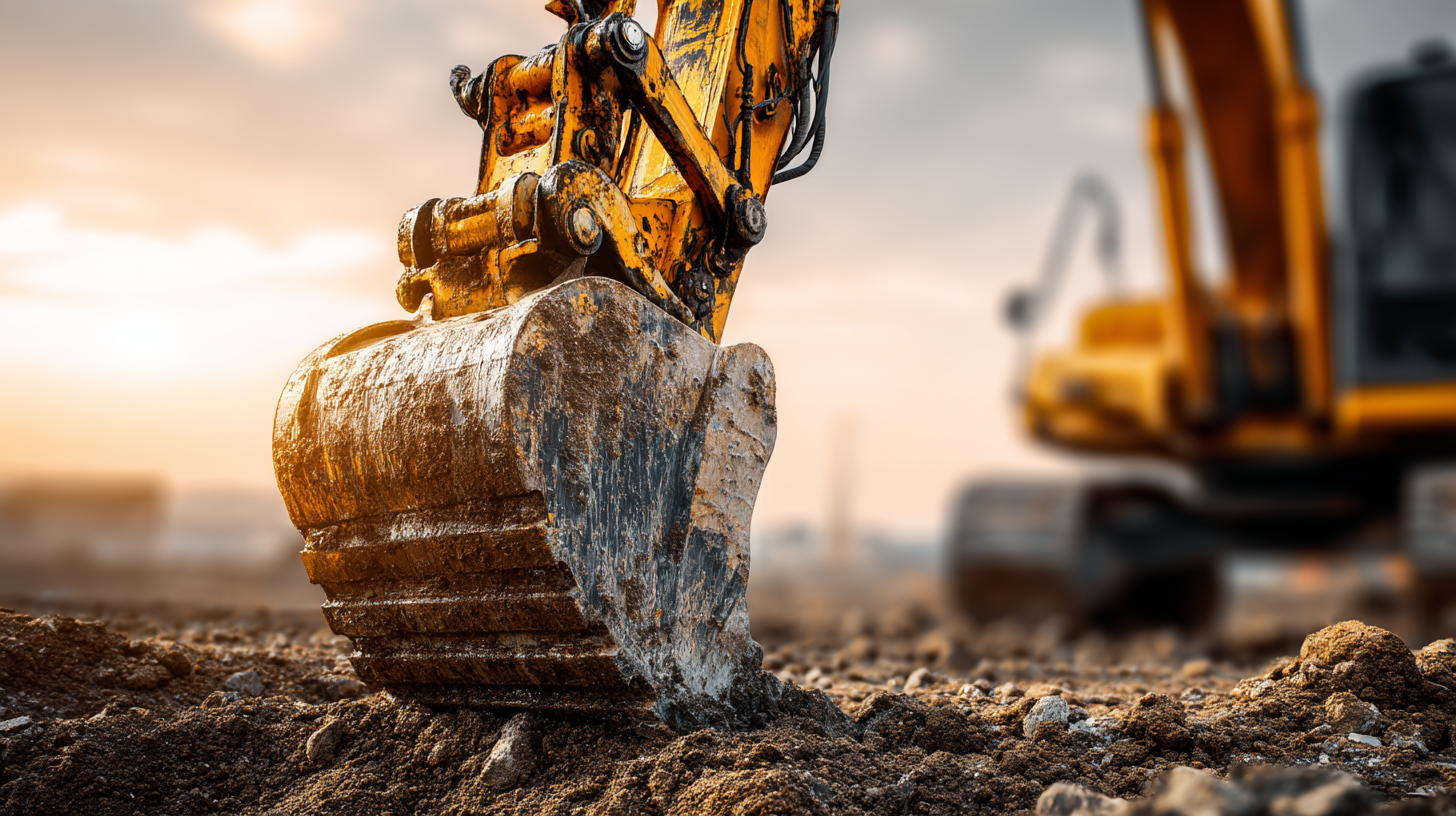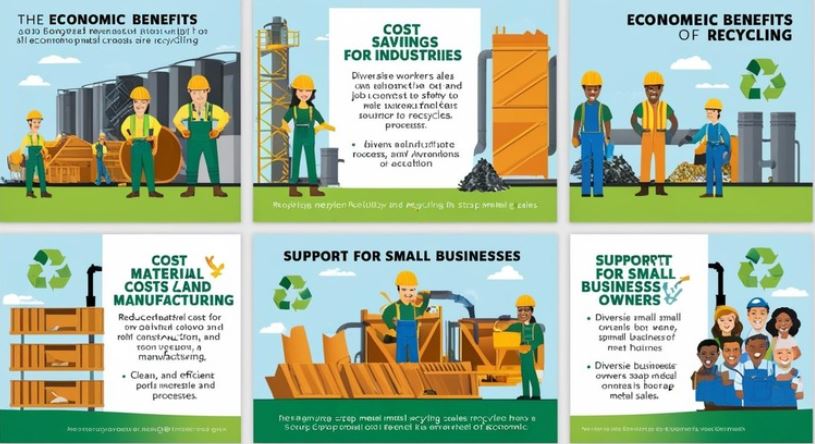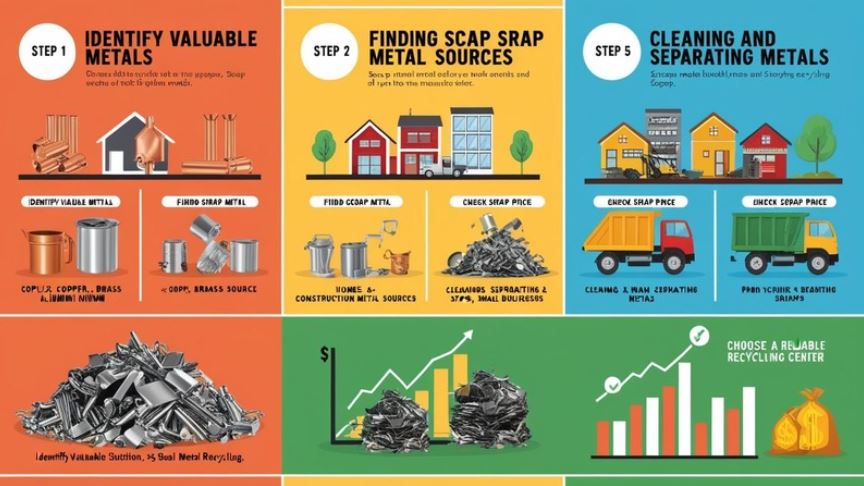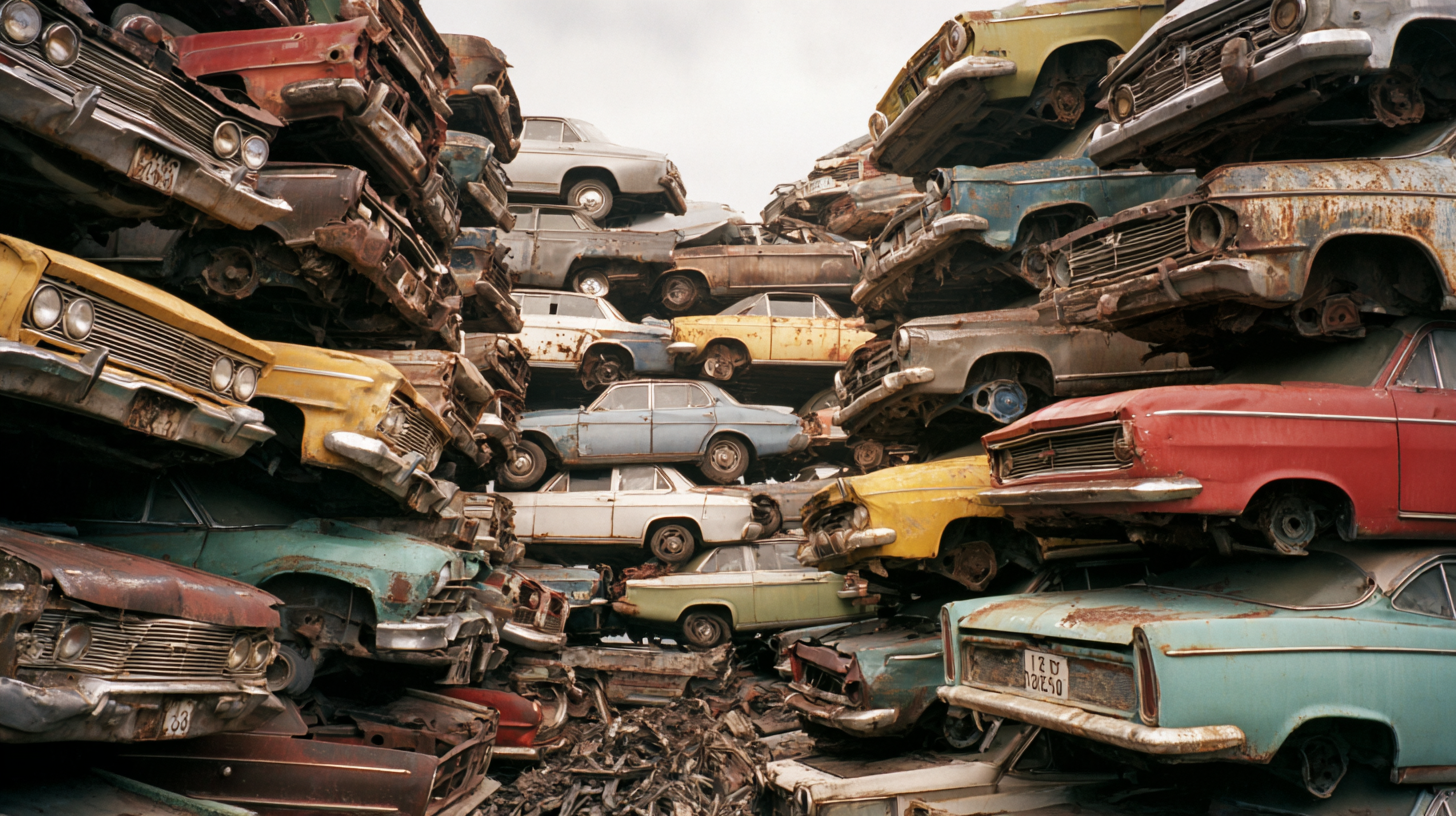
When it comes to preparing buildings for refurbishment, structural alteration, or full demolition, soft strip demolition is one of the most critical and specialist tasks in the construction and deconstruction industry. Whether you’re renovating a commercial office space, reconfiguring a retail unit, or deconstructing an industrial site, working with experienced soft strip demolition contractors ensures the job is done safely, efficiently, and in full compliance with regulations.
This comprehensive guide will explore everything you need to know about soft strip demolition, the role of soft strip contractors, key benefits of professional services, and what to look for when hiring a specialist contractor for your next project.
What Is Soft Strip Demolition?
Soft strip demolition refers to the non-structural internal removal of materials and fittings from a building prior to full demolition, refurbishment, or structural alteration. It typically includes the removal of:
- Internal walls (non-load bearing)
- Fixtures and fittings
- Floor coverings
- Ceilings and ceiling tiles
- Electrical wiring and lighting systems
- Heating and ventilation systems (non-structural)
- Partition walls and insulation
- Doors, windows, and glazing units (non-structural)
Unlike hard demolition, which involves the destruction of structural elements like beams, columns, or floors, soft strip demolition focuses on preparing the internal environment for further work while ensuring reusable or recyclable materials are carefully removed and handled.
Why Soft Strip Demolition Is Essential in Modern Construction
Soft strip works are essential for a number of reasons:
- Health & Safety: Removing hazardous or outdated materials such as asbestos, lead-based paint, or old electrics.
- Environmental Responsibility: Enabling the recycling and segregation of materials like timber, metal, and plastics to reduce landfill waste.
- Project Preparation: Creating a clean and accessible workspace for builders, engineers, or full demolition teams.
- Compliance: Ensuring buildings meet UK health, safety, and environmental regulations before major work begins.
Soft strip demolition is often the first step in any major building project, setting the tone for the speed, safety, and success of all subsequent stages.
What Do Soft Strip Contractors Do?
Soft strip demolition contractors are trained professionals who specialize in the careful deconstruction and removal of non-structural elements within buildings. Their responsibilities typically include:
- Conducting site surveys and risk assessments
- Preparing method statements and waste management plans
- Using hand tools and light machinery to remove materials safely
- Segregating recyclable materials (e.g., timber, metal, plasterboard)
- Ensuring safe disposal of waste through licensed carriers
- Coordinating with site managers, architects, or structural engineers
- Managing health and safety protocols on site, including the use of PPE and dust control systems
Professional soft strip contractors may also assist with asbestos surveys, pre-demolition audits, and liaise with local authorities to ensure compliance with building and environmental regulations.
Who Needs Soft Strip Demolition Services?
Soft strip demolition is used across multiple sectors:
- Commercial Buildings: Offices, retail units, shopping centres
- Residential Developments: Apartment blocks, housing estates
- Industrial Facilities: Factories, warehouses, logistics centres
- Public Sector Buildings: Schools, hospitals, government properties
- Heritage Sites: Buildings with conservation requirements needing delicate deconstruction
Any site undergoing renovation, refurbishment, structural alteration, or full-scale demolition will likely require a soft strip contractor to clear the interior in a controlled and strategic way.
Soft Strip vs. Hard Demolition: What’s the Difference?
Soft strip and hard demolition are often confused, but they serve very different purposes.
- Soft Strip Demolition involves the internal removal of non-structural components. It is usually non-invasive and done by hand or with small tools.
- Hard Demolition refers to the structural breakdown of a building using heavy machinery such as excavators, wrecking balls, and crushers.
Soft strip is often the precursor to hard demolition—especially when dealing with occupied buildings, urban environments, or phased developments.
Benefits of Hiring Professional Soft Strip Contractors
Partnering with experienced soft strip demolition contractors offers a range of benefits:
1. Safety Compliance
Experienced contractors understand UK CDM (Construction Design and Management) regulations, perform risk assessments, and follow health and safety best practices.
2. Time Efficiency
With the right team, projects are completed on time and within budget, avoiding delays to the refurbishment or demolition process.
3. Waste Reduction & Recycling
Contractors manage waste efficiently, separating recyclable materials and ensuring proper disposal through certified channels.
4. Expertise & Equipment
Professionals bring specialist knowledge, tools, and techniques that ensure clean, efficient removal with minimal disruption to surrounding structures.
5. Cost Savings
By salvaging valuable materials (like metal or fixtures), costs can be offset. Professional strip-outs also prevent structural damage, avoiding expensive repairs.
Key Considerations When Choosing a Soft Strip Demolition Contractor
Selecting the right contractor is essential. Here are a few factors to consider:
- Experience: Look for companies with a proven track record in your sector.
- Certifications: Check for CHAS, SMAS, Constructionline, or other industry accreditations.
- Health & Safety Record: Ask for risk assessments, method statements, and accident history.
- Recycling Policy: Sustainable demolition should include a waste reduction plan.
- Insurance & Liability: Make sure your contractor carries full public liability and employer insurance.
- Client References: Request testimonials or case studies from previous projects.
The Soft Strip Demolition Process Step-by-Step
A typical soft strip project includes the following stages:
- Site Survey & Planning
Contractors visit the site to assess scope, risks, and environmental factors. - Risk Assessment & Method Statement (RAMS)
A detailed plan is developed to guide safe operations. - Isolation of Services
Power, water, and gas systems are safely disconnected before work begins. - Removal of Fixtures & Fittings
Doors, lighting, flooring, ceiling tiles, and non-structural partitions are removed. - Material Sorting & Waste Segregation
Materials are separated into recyclable, hazardous, and general waste. - Waste Collection & Disposal
Licensed carriers remove waste from site in accordance with regulations. - Site Clean-Up & Handover
The site is swept, cleaned, and handed over ready for the next phase of construction or demolition.
Soft Strip Demolition FAQs
Is soft strip demolition noisy or disruptive?
Soft strip work is significantly less disruptive than structural demolition. Noise and dust are minimal but still managed with proper controls.
How long does soft strip demolition take?
It depends on the size and complexity of the project. Small commercial units may take a few days; larger projects can take several weeks.
Do soft strip contractors handle asbestos?
Not directly unless licensed. A separate asbestos survey is often required, and specialist removal teams are engaged if asbestos is present.
Can materials be reused after soft strip demolition?
Yes, many materials—especially metal, wood, and certain fixtures—can be salvaged and reused or sold.
Partner with Expert Soft Strip Contractors for Your Next Project
If you’re planning a refurbishment, redevelopment, or building reconfiguration, partnering with professional soft strip demolition contractors is an essential first step. Not only does it ensure your project begins on a clean and safe foundation, but it also supports sustainable building practices and reduces overall costs.
Look for a contractor with a commitment to safety, sustainability, and efficiency—and one that understands the unique requirements of your project type and sector. From pre-demolition planning to final site clearance, a qualified team can make all the difference in keeping your project on time, on budget, and fully compliant.
Need Soft Strip Demolition Services? Let’s Talk
Whether you’re a developer, project manager, or facilities planner, we’re here to help. Our team of experienced soft strip contractors works across commercial, residential, and industrial projects throughout the UK, delivering reliable results with minimal disruption. Get in touch today for a free site assessment or to request a quote tailored to your specific needs.


